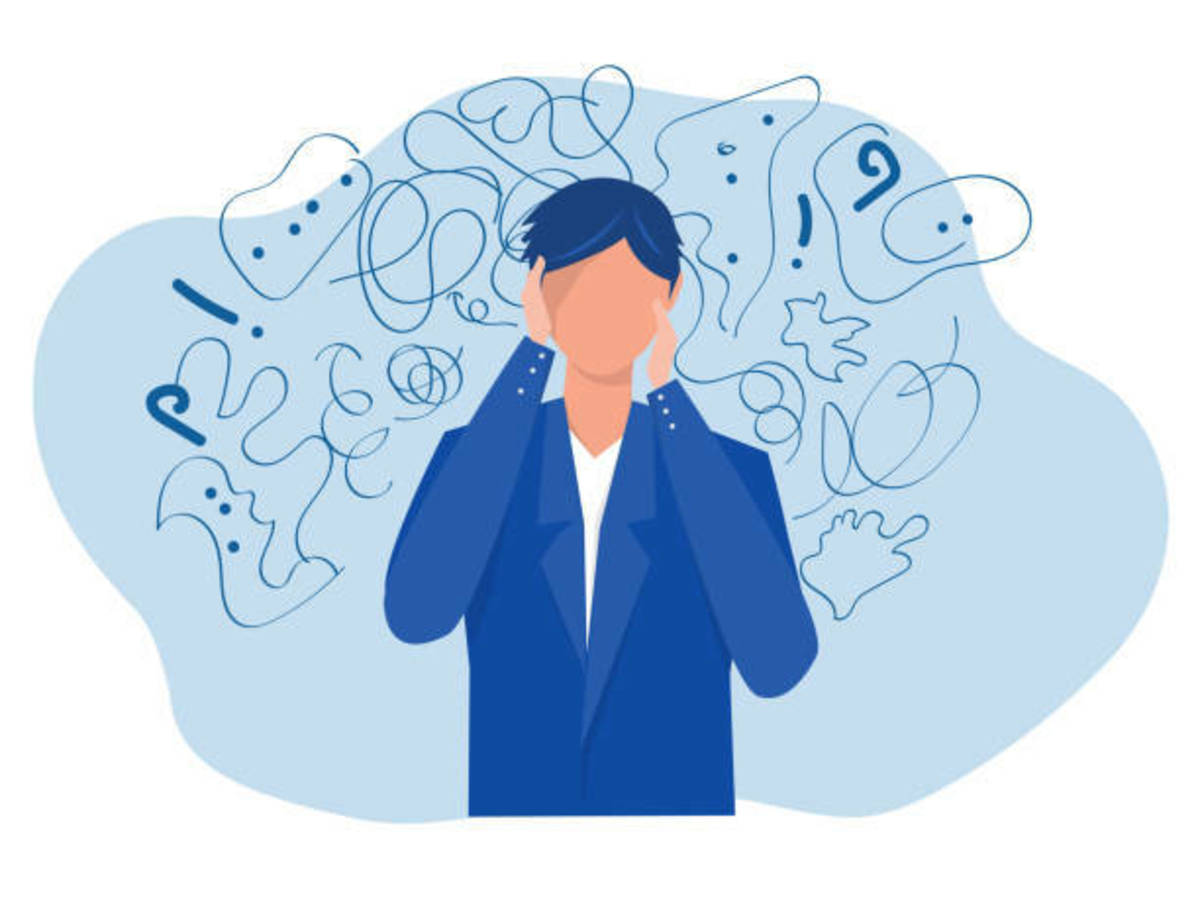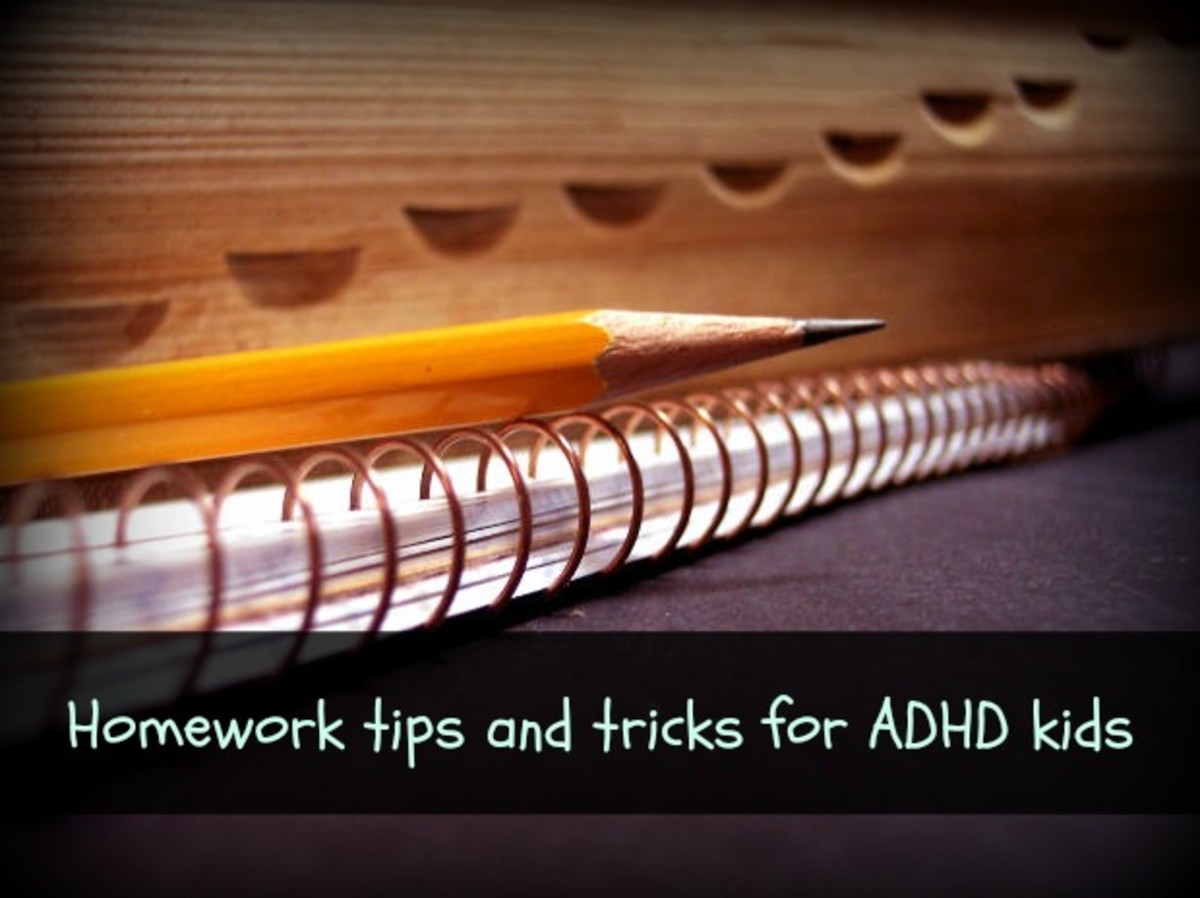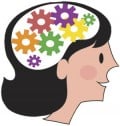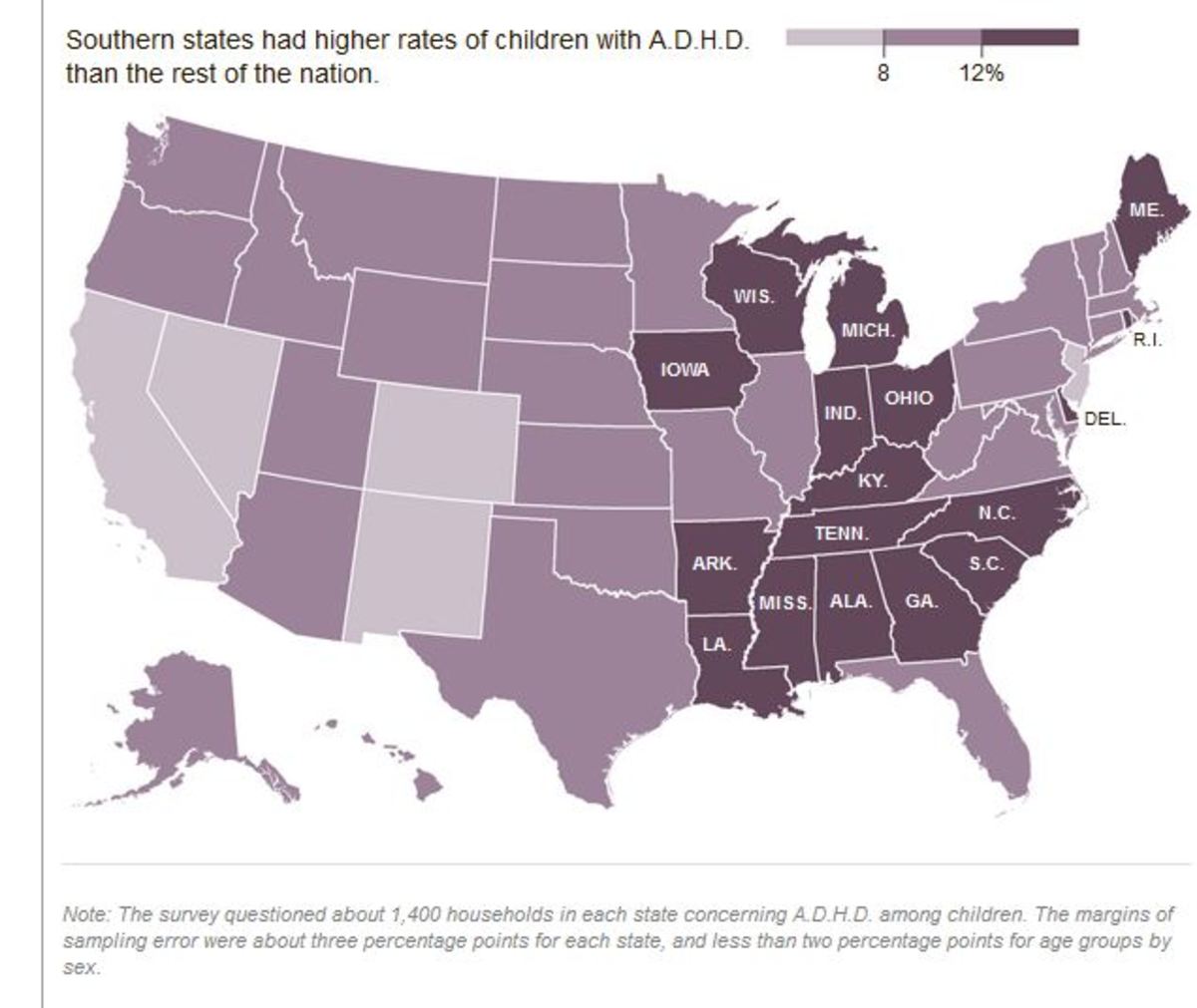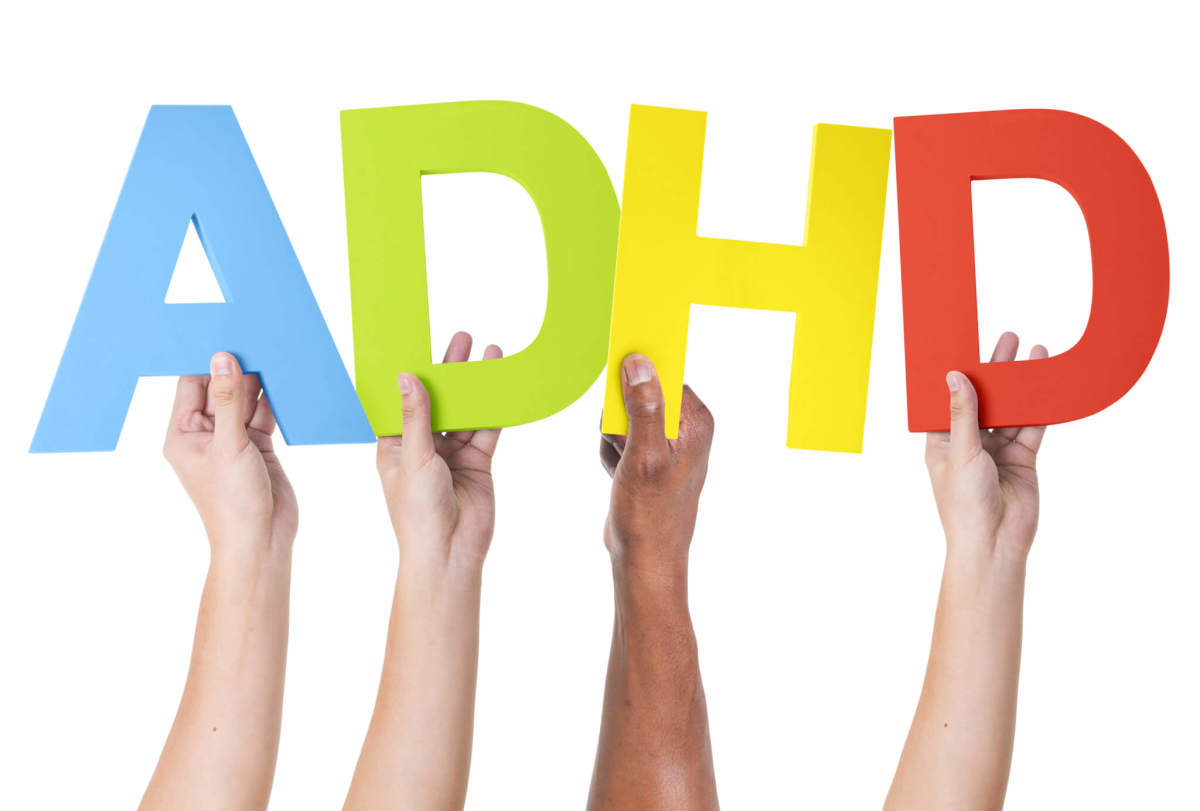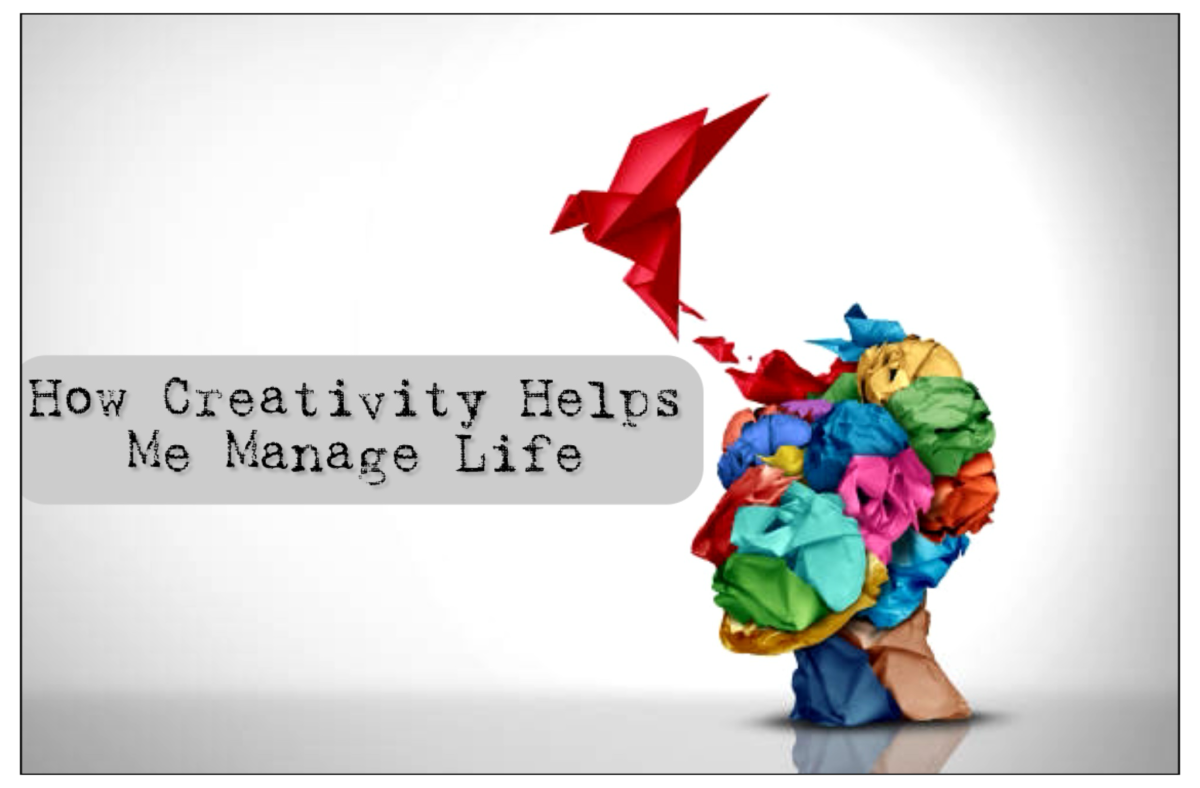Dealing with Adult ADD Symptoms - A Great Resource
A Great Resource for Adult ADD/ADHD
I found a great resource today for Adult ADD. You'll find symptoms, myths/facts, as well as a number of different types of treatment options, ranging from therapists to coaches/organizers to support groups. What the web page doesn't cover is drugs/prescriptions, and that's probably a good thing.
Check it out at: http://helpguide.org/mental/adhd_add_adult_symptoms.htm
If you've been struggling with ADD symptoms as adult, you know how difficult it can be just to manage our so-called lives, right? The inability to focus on the necessary things like finances, organization, relationships, etc., combined with the hyper-focus on things that keep us calm is overwhelming. My apartment could be burning down while I focus on trying to figure out something online. It's not that it's more fun to me; it's that doing that one thing feels well within my control while everything else feels out of my element.
I could not tell you the number of pans I have literally BURNED out by... boiling water. That is the honest to God truth (ask my exes).
Do You Have Signs of ADD or ADHD?
Research adult ADD or ADHD and you'll probably pull up a list similar to the one below. No one but a doctor or therapist can "diagnose" you with ADD, but if you suffer from nearly all of the signs and symptoms, you should consider making some lifestyle changes or seeking help.
Whether or not you have ADD is actually irrelevant at that point. If there are things that are overwhelming to you or seemingly beyond your control, many of the ADD/ADHD lifestyle changes and treatments can help you.
SOME Signs and Symptoms of Adult ADD
- Difficulty maintaining focus/Easily distracted. This is not as simplistic as it sounds and the answer isn't as easy as the Pomodoro Technique. People with ADD often try very hard to stay focused and can't no matter how many timers they might set.
- Overlooking details. I used to cringe when I would see "attention to detail" listed as a job requirement. On to the next! :) Some people with ADD find it difficult to remember details or to pay attention to very detailed things.
Lack of organization. Can I get an amen!? Please . I'm sure many, many people are disorganized. Disorganization all by itself isn't enough to be diagnosed with ADD, and it's not an excuse either. I hate being disorganized. Disorganized goes beyond mess and clutter to disorganized finances and time management as well.- Hyper-focus. Hyper-focus is getting really involved with a task, idea, or problem. It's not OCD. I like the way that resource I linked to above puts it: "Hyperfocus is actually a coping mechanism for distraction—a way of tuning out the chaos." Well put!
- Being late - a lot. This is another commonly listed sign of adult ADD. Again, by itself, it seems rather harmless, but when combined with the other symptoms, it can be tough to deal with. Especially if the lateness is caused by one of the other symptoms (like disorganization or forgetfulness).
There are a few others listed on the website including emotional difficulties and impulsiveness. Have a look!
Don't Blame - Deal
Accepting responsibility is one thing. Getting down on yourself and blaming yourself for every bad thing that's ever happened in your life is quite another. It's best to just deal with it.
For me, the bane of my existence is my financial situation (aka why can't I ever just pay a single bill on time?) with a close second being my messy dwelling (aka why can't I ever just pick up the freakin' socks off the floor?). It's very tempting to blame my messes and mistakes on upbringing or current situation, but it's more beneficial to own up to them. I know that I have difficulty managing certain aspects of my life, so I have to be very careful and make tough choices.
Making Tough Changes
The thing about any condition or problem is that often the path to curing it requires significant lifestyle change. Even with changing diet and medicine, you will probably still need to work on the way you live your life so that you can experience positive change.
I'm no therapist, so this is just a list of the things I try to do to help me. You can create a list for yourself or talk to a doctor or coach who can help you.
- Carrying my bank ledger around. This is one of the best decisions I've ever made. Even so, I often forget to write down debits, but having my bank ledger in my purse is a constant reminder to me to track my spending so it doesn't get out of control.
- Keeping clocks visible. I am not very good at keeping track of time, so I have to have clocks everywhere.
- Keeping a free schedule. I realize this is not possible for everyone, but for me, I try not to over-commit myself. Especially in my business. I can manage just a few clients at a time because I know how easily distracted I get. Most of my day is spent trying to organize my day. It will get better, but for now, keeping a free schedule is good.
- Having fewer things. This is probably extreme, but for me, it helps. I start to feel incredibly upset when my home is a mess. Having fewer "things" to mess up my place helps prevent stress from clutter and disorganization. I spend less time cleaning. It's not ideal, but it's one of those lifestyle changes I had to learn to make.
- Calendars. I'm not actually very good at maintaining a calendar, but I use it for very important things like client meetings. One major help: I have a smartphone (a Blackberry) that I've hooked up to my Google account. My phone sends me an alert when a meeting is coming up. Of course, this requires that I keep my phone around... but you can see how that can be a huge help.
Is Adult ADD Just a Myth?
Tell us your (anonymous) opinion: do you believe Adult ADD is just a myth?
Related Hubs
- Adult ADD--"You Mean I'm Not Lazy, Stupid, or Crazy?...
This hub is a commentary on the subject of Adult ADD and the book,

